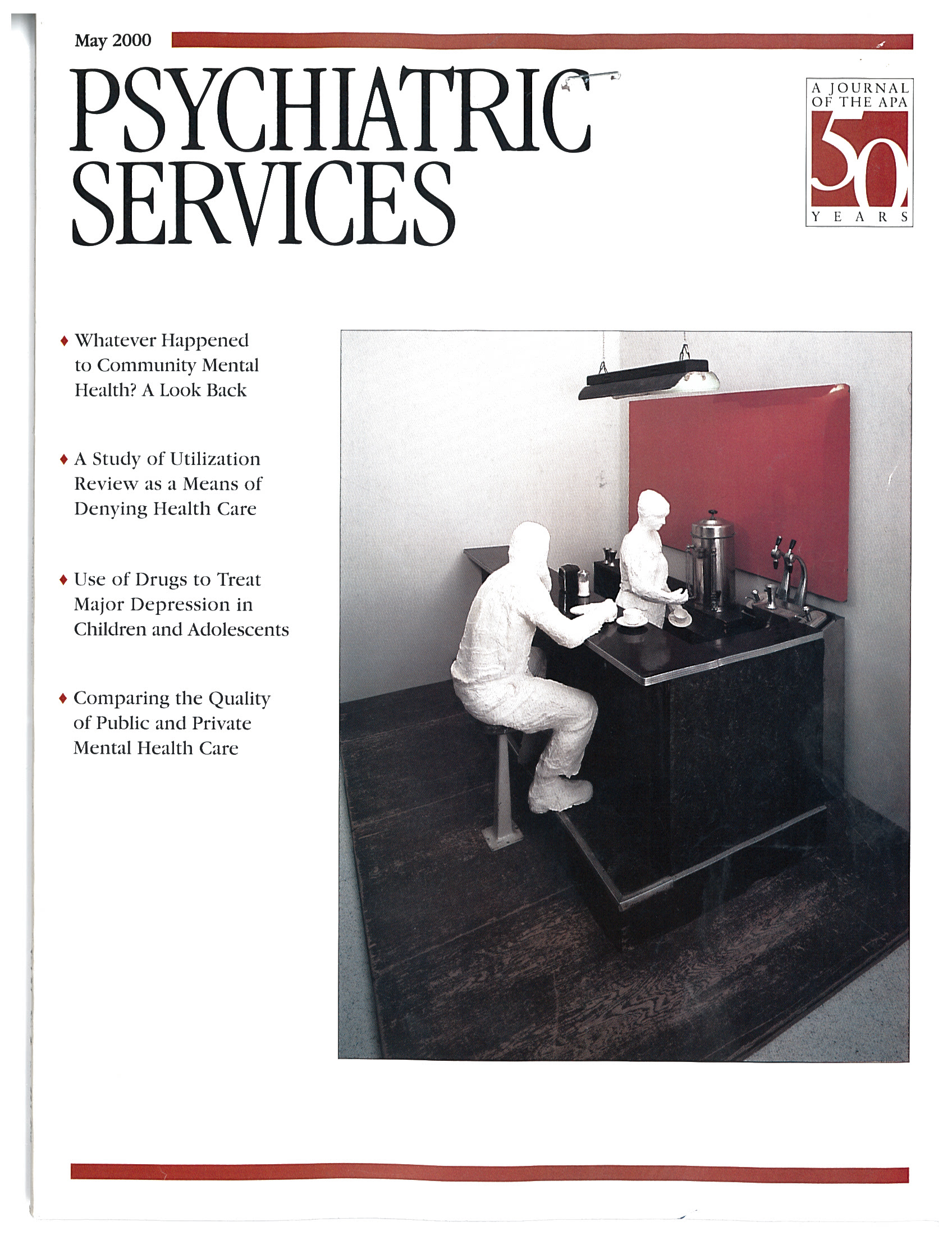The High Cost of Care
In Reply: We are grateful to Ms. Wieselthier for this opportunity to make some clarifications. First, as stated, the study selection criteria included only patients with mania admitted to the long-term unit. Patients are transferred to the unit after they fail to improve and, in most cases, after a 360-day involuntary hospitalization court order.
Second, as we described, the costs were per diem charges, and differences reflected varied lengths of psychiatric hospitalization. Medical costs were not included and were small. (Mr. A was healthy.)
Third, the calculation of cost did not include any expenses incurred when the patients were not in the hospital. The more intensive outpatient program (a supervised personal care home) was briefly tried by Mr. A. The others rejected intense outpatient services.
We believe that an outpatient commitment is a better alternative than a long inpatient commitment and that it may be an excellent adjunct to other outpatient programs designed to encourage compliance. Other programs can be rejected by patients such as ours who don't feel they have a mental illness. Our position is further supported by the case of Mr. D, who died suddenly at age 46 during a manic relapse five days before a court hearing to determine whether he should be forcibly medicated because of noncompliance with heart medications. Ms. C has complied with outpatient treatment for two years after her experience with a long involuntary hospitalization. Mr. A and Mr. B are still in the hospital.
Long ago Noah found out that even if you build a big enough boat, there are still some who will not get in.



